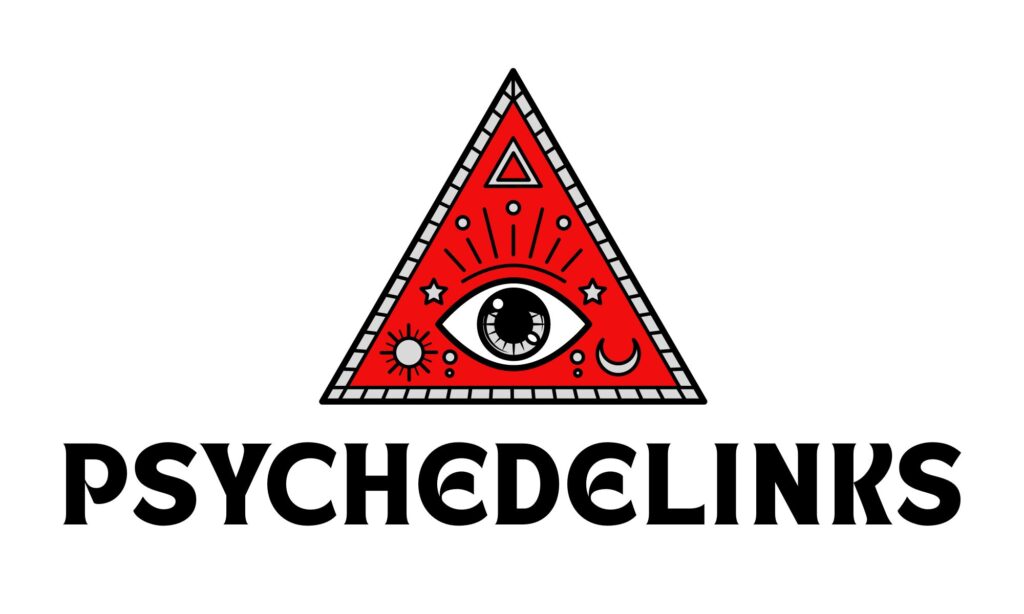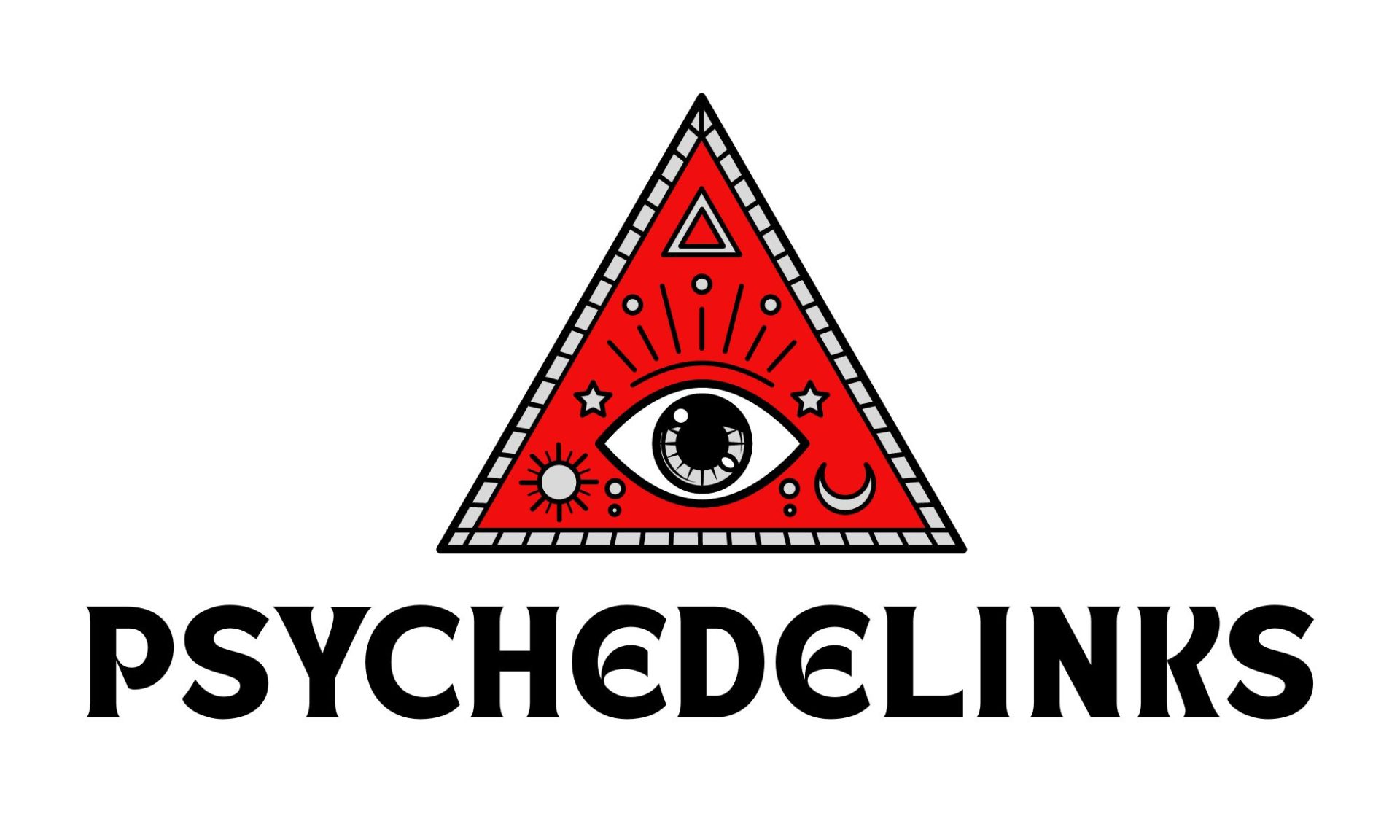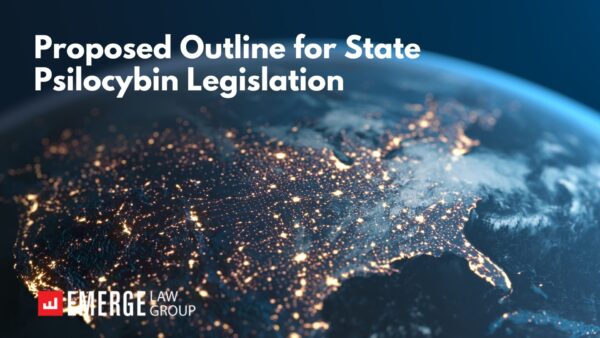PsychedeLinks is a curated selection of top news stories impacting business, research, and culture in the psychedelics ecosystem, crafted by Emerge Law Group’s groundbreaking Psychedelics Group.
Emerge’s Hot Take
Psilocybin Center is Putting Albany on the Map
Albany’s first psilocybin service center, Inner Guidance, opened at the end of June. Less than 3 months later, the owner’s office manager (also her daughter) is working to schedule a waitlist of over 100 people. While many of their clients thus far have been out of towners, the mother-daughter team hope to serve more locals as the owner, Deirdre Lafferty, primarily chose Albany to provide access to underserved areas. There were some early hurdles to entering the psilocybin space, Lafferty explains, including difficulty obtaining financing given that banks are generally federally insured, and psilocybin is federally illegal. She ultimately borrowed from her retirement to open the business. There are also relatively strict regulations governing how service centers can advertise, and so Lafferty has had to get a bit creative with her publicity, for example by leaving leaflets in local dispensaries. Despite these challenges, the service center is thriving. It boasts 4 facilitation rooms each with a different theme: earth, water, desert, and space. The average administration session lasts 4-6hrs and costs around $2,000. The center also offers a scholarship program for a number of prospective clients, including people of color, people with disabilities, and LGBTQ+ individuals. “We’re still in the very early days of this new psilocybin frontier, and a lot of people wanting to enter the field have expressed understandable concerns about how viable their business will be,” says Emerge law clerk Leticia Maskell. “There aren’t really templates out there as to what has and hasn’t worked for these types of endeavors before – everything is new. It’s wonderful to see one of the first entries into the field thriving at this level. The fact that there’s a waiting list is a clear indicator that there’s a huge desire for these types of services. I’m looking forward to seeing the psilocybin ecosystem evolve over the next few years. It’s a really exciting time.”
Other Noteworthy News
Three Years in, ‘Uniquely Berkeley’ Psychedelic Research Center Looks to the Future
“It’s been a busy three years for the UC Berkeley Center for the Science of Psychedelics. Since it was launched in fall 2020, the center has evolved into an academic hub for innovative psychedelic research and training, leading national conversations around psychedelic policy while also informing fundamental advances in neuroscience and molecular biology. The young center has even grander ambitions, chief among them charting the path to the intellectual crossroads between psychedelic science and society. That’s why the Berkeley Center for the Science of Psychedelics recently launched its open-access online course on the subject. ‘We’re in a unique position at Berkeley because some of our professors have been teaching this subject for decades,’ [the center’s executive director Imran Khan] said. ‘So we’re really proud to have taken these resources to this new global audience.’ [In this interview] Berkeley News spoke with Khan about the center’s recent work, the surprising ordinariness he’s encountered while working in this field, and why public polling suggests the next five years will be pivotal for psychedelic science — and society.”
Kentucky Opioid Abatement Advisory Commission to Hear Personal Testimonies Supporting $42 Million Funding for Ibogaine Research
“W. Bryan Hubbard, Chair and Executive Director of the Kentucky Opioid Abatement Advisory Commission (KYOAAC), along with members of the Commission, will hold a public hearing and general information session on Friday, September 15, 2023, highlighting the personal stories of parents, military veterans, former patients, psychologists, and others with perspectives on treating Opioid Use Disorder with the naturally occurring substance, ibogaine. Friday’s hearing will be the second of two public hearings as the Commission considers a landmark proposal to allocate $42 million over six years towards research into the treatment of Opioid Use Disorder with ibogaine-assisted therapy. The prior hearing, which took place on July 17, featured scientific experts and clinicians. The Commission will vote to decide whether to allocate the funding on November 15.”
All Mushrooms Can Be Magic: Why the Shroom Boom Goes Beyond Psychedelics
“Target currently has more than 100 mushroom-themed books for sale. Joe Rogan frequently waxes poetic about them on his podcast. Gwyneth Paltrow is selling them in the GOOP store. Wiz Khalifa recently announced the launch of a new mushroom wellness brand. Fungi are showing up in our burgers, our skincare and our coffee. They are even enjoying a star turn as the fictional zombie-making villain of HBO’s hit show The Last of Us. Why have we gone so mad for mushrooms? Certainly, the renaissance of psychedelic research has fueled our fascination—but sales of non-psychedelic mushrooms (a.k.a. functional mushrooms or medicinal mushrooms) have exploded as well. Valued at nearly $2.3 billion in 2020, experts project the compound annual growth rate of mushrooms to be 9.3% from now until 2030. Many factors are driving this global surge in fungi consumption, but they can all be boiled down to one basic concern: health. Many consumers believe in positive correlations between mental and physical well-being and mushrooms. Consumers may be seeking health, among other goals, but what is the advantage for businesses that want to serve mushroom consumers? One advantage is that mushrooms typically require fewer resources and less cultivation space than most crops. They are even considered to be eco-friendly in many respects and can require less investment upfront compared to other crops.”
California Initiative to Fund Psychedelics Research Would Cost $6.6 Billion But Could Earn Money Through Discoveries, Analysis Says
“The same day California lawmakers signed off on a bill to legalize psychedelics last week, staffers at the state’s Legislative Analyst’s Office (LAO) released their review of a proposed ballot initiative that would funnel $5 billion generated from bonds toward psychedelic therapies for mental health. While the proposal would cost California nearly $6.6 billion over 30 years, the new report says, it could also earn the state revenue from new scientific discoveries. Known as the TREAT California Act, the would-be measure would not itself change the legal status of any substances. Rather, it would establish a state agency called the Treatment, Research, Education, Access and Therapies (TREAT) Institute, which would identify opportunities for advancing scientific research and development into the therapeutic potential of psychedelics. As the new LAO report says, the initiative would create ‘a state constitutional right to conduct research in California using all psychedelic substances (natural and synthetic), except peyote […] Substances that could be studied include psilocybin (magic mushrooms), ibogaine, LSD, MDMA (molly or ecstasy), ketamine, and cannabis.’”
Subscribe
Subscribe to PsychedeLinks to receive essential biweekly articles on news, business, and culture in the psychedelics industry, delivered straight to your inbox.




